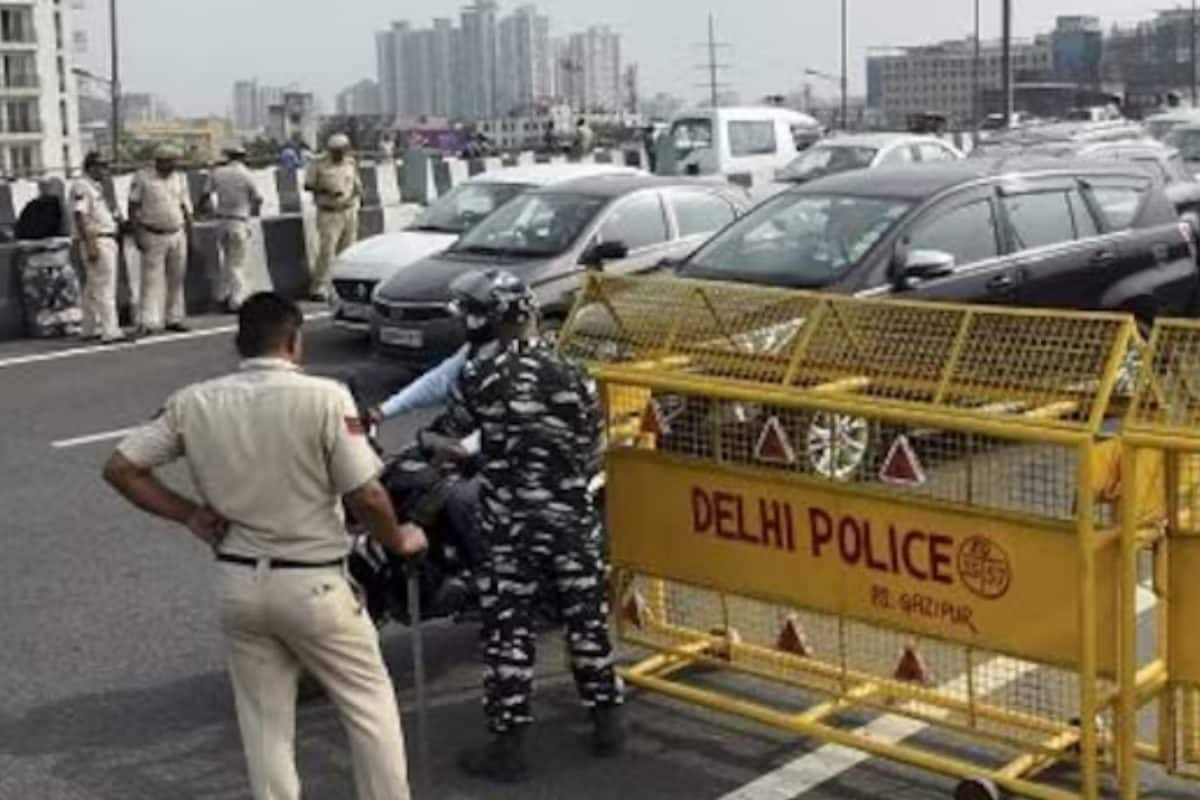

A recent survey indicates that a significant portion of car owners in Delhi are not in favor of the government's plan to halt fuel supply to older vehicles. According to the survey, 44% of Delhi car owners oppose the impending regulation. This opposition is rooted in the belief that many older cars are still in good working condition and have not been driven extensively. The survey also revealed that 7% of respondents were undecided on the matter.
The new policy, slated to take effect on July 1, 2025, will prohibit fuel stations in Delhi from providing fuel to diesel vehicles older than 10 years and petrol vehicles older than 15 years. This initiative, driven by the Commission for Air Quality Management (CAQM), is part of a larger strategy to tackle the persistent issue of air pollution in the national capital.
To ensure compliance, Automatic Number Plate Recognition (ANPR) cameras are being installed at fuel stations across Delhi. These cameras will scan vehicle license plates to determine the age of the vehicle using the VAHAN database. If a vehicle is identified as being too old, fuel station attendants will be alerted and instructed to deny fuel. Approximately 500 out of 520 fuel stations in Delhi have already been equipped with ANPR cameras, and the remaining installations are expected to be completed soon.
The implementation of this policy has raised concerns among petrol pump owners, who have requested police protection at fuel stations. They fear potential conflicts with vehicle owners who may resist the new rules. The Delhi Petrol Dealers Association (DPDA) has also expressed concerns that the policy could lead to a shift in sales to neighboring towns if not implemented uniformly across the National Capital Region (NCR). They emphasized that pollution doesn't respect geographical boundaries, so delaying implementation in NCR would simply shift sales to adjoining cities rather than remove end-of-life vehicles from the roads. The DPDA also argued that holding petrol pump dealers responsible for enforcing the rule, with the threat of penal actions like arrest, is impractical and unacceptable.
The CAQM has clarified that the new regulations apply to all end-of-life vehicles, regardless of where they are registered. This measure aims to prevent vehicle owners from circumventing the rules by registering their vehicles outside of Delhi. Vehicles found in violation of the policy may face impoundment or be sent to scrapping facilities.
The Delhi government's initiative aligns with previous rulings by the Supreme Court and the National Green Tribunal (NGT), which have sought to address air pollution by restricting the use of older vehicles. In addition to the fuel restriction policy, the Delhi government has also implemented guidelines for handling end-of-life vehicles, requiring owners to either move them to private premises or register them in another state.
Starting November 1, 2025, the fuel restriction policy will be extended to five high-traffic NCR cities: Gurugram, Faridabad, Ghaziabad, Gautam Budh Nagar, and Sonipat. The remaining areas of the NCR are expected to follow suit by April 1, 2026.
While the policy aims to reduce vehicular emissions and improve air quality, the opposition from a significant percentage of car owners highlights the challenges in implementing such measures. Concerns about the condition and usage of older vehicles, as well as the potential for economic disruption, need to be addressed to ensure a smooth and equitable transition to cleaner transportation.